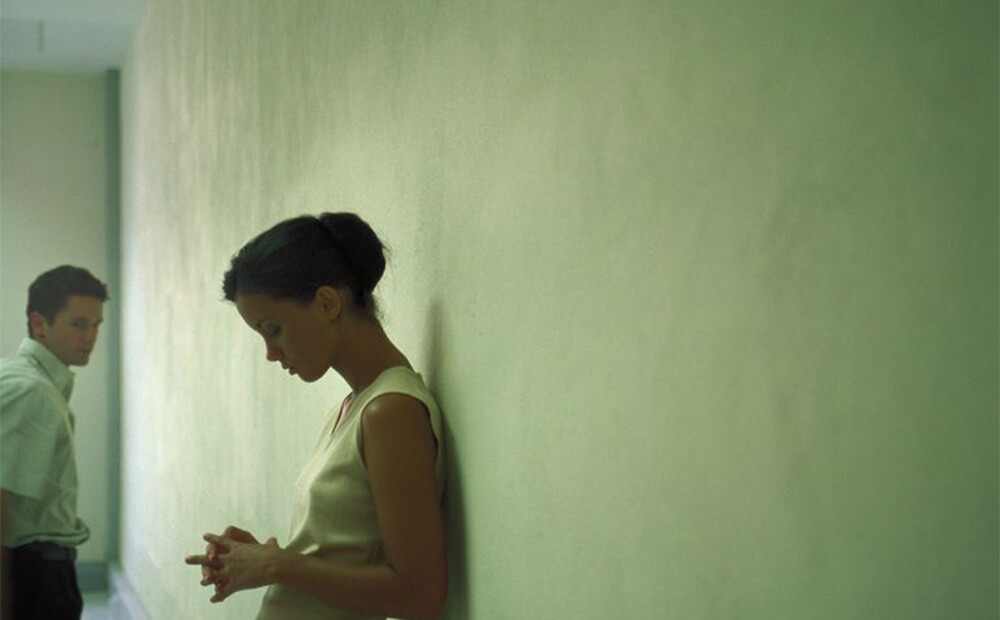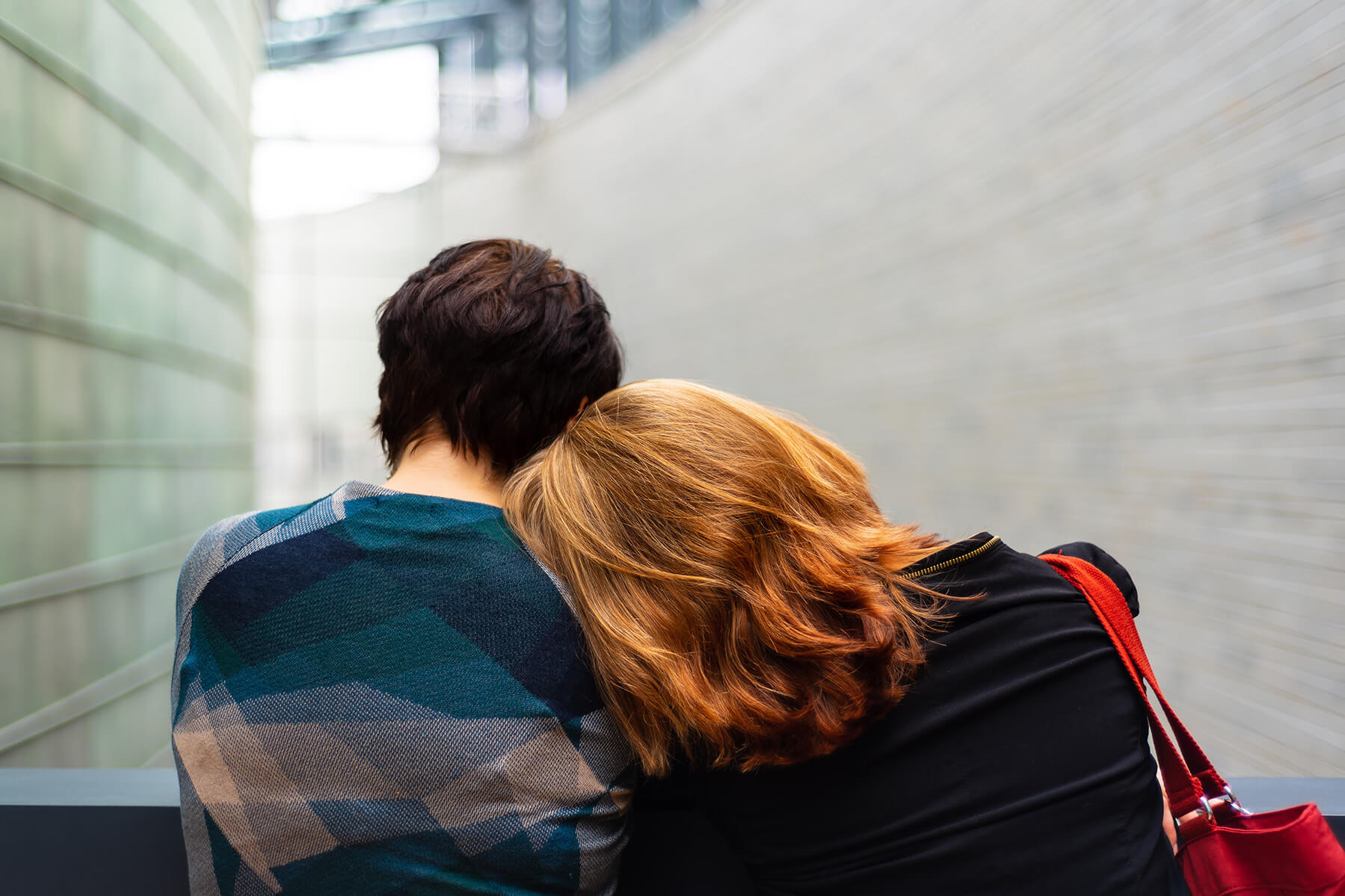
For some couples, the pandemic facilitated an opportunity to spend more time together at home. The added responsibility of helping children deal with school being taught online and the constraints of living in small, city apartments created complications for sure. Yet the shared time brought many couples even closer together.
For others in romantic relationships, work during the pandemic forced more time apart from their partners. Essential workers, for example, clocked long days and nights at hospitals and grocery stores during the pandemic. Spending less time together combined with the incessant worry about a loved one being exposed to the virus negatively affected some relationships.
Whatever the specific situation, the dynamics in romantic relationships have been affected by COVID-19. With the rise in those who have successfully been vaccinated and the widespread opening up of commerce in cities, many have returned to the new normal. Here are some changes you might encounter in your romantic relationships.
Good News for Most Couples
The increased time together at home for couples has been perceived, by and large, as a plus during this pandemic. So, it might be easier to move forward with a more fortified relationship.
According to data compiled from the American Family Survey, about 58% of participants said that because of the pandemic they had increased appreciation for their partners. Almost half said it “helped deepen their commitments to their relationship.”
The divorce rate is lower, too. Based on information from recent Census data, not only have divorce filings declined in some states, but even if rates jump a bit right after COVID-19, the drop in the divorce rate is expected to continue. In fact, the “overall decline in divorce appears to be a consistent trend.”
Missing your significant other after extended time together may become an issue. A new couple who quarantined together, for example, may find it difficult to readjust to not seeing each other every minute of every day, especially if one moves back out. But most would agree that it isn’t the most difficult of challenges to contend with.
New Relationship Advantages
During the pandemic, singles in the U.S. were more cautious in choosing dates. Also, once couples dated, they became more focused on serious issues during COVID. Perhaps they set up stronger relationships because of this and will be able to better weather the changes after the pandemic.
Intimacy and Closeness Key to Strong Relationships During COVID-19
Why Some Relationships May End
If you developed a relationship during the pandemic that doesn’t seem to be holding up during the reopening of society after COVID, it’s possible that the relationship wasn’t strong and well-functioning enough to begin with.
Furthermore, the pandemic sometimes accelerated the natural speed couples took in getting to know one another. When two individuals really liked one another, they might have “coupled” and decided to move in together faster than they would have before COVID-19.
For some, home life could have become like a prison. Trapped together, unable to meet friends at nearby bars or coffee shops, yet unable to leave due to virus restrictions, relationships might have veered off a cliff.
Poor Relationship Satisfaction at the Start of the Pandemic
In the early stages of the pandemic (late winter, 2019 and early spring, 2020), 654 people involved in a relationship provided data about relationship satisfaction for a study.
The research showed “small moderation effects of relationship coping and conflict during the pandemic, revealing that satisfaction increased and maladaptive attributions decreased in couples with more positive functioning, and satisfaction decreased and maladaptive attributions increased in couples with lower functioning.”1
In other words, couples in a strong relationship found that they experienced more positive interactions than negative ones. The opposite was true for those who were already in less-than-satisfying relationships.
It makes sense that you’d become less satisfied with a relationship that wasn’t functioning well and was weaker, unstable, or unproductive. As a result, this kind of relationship might fall by the wayside.
Lack of Excitement
Unfortunately, days blended together over the year for many of us. Those with home offices wore yoga and sweat pants and didn’t worry about creating exciting dates or times together. Novelty and excitement is important for a relationship to thrive.
If you’ve noticed that you spent less time cultivating attraction and romantic anticipation in your relationship, it’s possible that your bond might have weakened over time.
Lack of Partner Responsiveness
The news about the virus kept changing. For example, once we worried about getting COVID-19 from surfaces, then not so much. Early on the danger was primarily for the elderly, especially in nursing homes; more recently, the danger is primarily for the young from virulent virus mutations.
The many changes, plus job and housing loss as well as food insecurity, piled on a lot of stress. It is no wonder some partners weren’t as patient or understanding with their loved ones.
Perceiving that your partner is responsive is particularly important to minimizing discord and maintaining intimacy and the quality of a relationship during stressful times like a pandemic. Stronger relationships therefore will remain strong and weaker ones will be more likely to break.
Research shows that if you didn’t feel like your significant other was there for you, you didn’t feel as secure or able to regulate negative emotions.2
How to Be a Good Partner During Quarantine
Considerations for Relationships Moving Forward
For those who sequestered alone and dated long distance or online, you might now be adjusting to dating in person. Maybe your social skills are rusty or you’re hesitant about getting out into the world again. Interacting might require a transitional time.
Introverts may be less eager to return to the way things were pre-COVID than extroverts. Finally, they could work from home, avoid office politics and big groups. Overstuffed schedules of seeing friends and family obligations went out the window.
While not necessarily shy, introverts enjoy socializing for short periods of time. They enjoy quiet time to observe and reflect. They also might need to return to their quiet space after interacting. So, expect some adjustment time in the relationship if one of you is an introvert.
Adjusting to a New Work/Life Balance
Whether 2020 was a year that saw your relationship become even closer or more estranged, a sense of returning to normal as a whole might take a while.
For Partners of Essential Workers
If your partner is an essential worker, be cognizant that they may be exhausted by the long hours and stressful situations they’ve been thrown into.
From the drugstore clerk who had to deal with angry customers who refused to wear masks to the nurse who worked around the clock in a COVID hospital wing and saw so much death and pain, your partner might be at a low point.
Their sheer exhaustion might necessitate they rest and recharge by taking vacation or personal days. Or as a result of the situations they were in and what they experienced, they might need to take steps to address their anxiety and find ways to cope with their grief.
For Partners of Work From Home (WFH) People
If your love interest is a professional worker who had the luxury of working from home, they too will have a readjustment to make. They are likely drained from so many meetings on Zoom and Google Meets. This fatigue is real, but according to the Cleveland Clinic, there are ways to combat it.
Having relatives and extended families live together during the pandemic probably offered advantages. A mother-in-law may have helped with cooking meals and a college student who returned home might have taken care of errands which enabled you or your partner to work more hours.
But the larger-than-normal household might have adversely affected your relationship. Additional relatives might have increased the noise level, created more interruptions and diminished a sense of orderliness and most of all, privacy.
Working from home for you or your partner might have bled into personal time. Bear in mind it could be harder to draw lines again to maintain work/life balance.
Ask a Therapist: How Do I Tell My Husband I Need Space Without Hurting His Feelings?
Counseling and Therapy
The uptick in those reporting mental health problems has been reported on everywhere. The assistance of a mental health counselor can effectively help you or your partner deal with stress, depression, grief and other mental health challenges you are facing as a result of this pandemic.
If the problems you are having are within your relationship and are garden-variety type challenges, know that you are not alone. Without outside activities like going to the movies, meeting friends for dinner, or trips to the shopping center, couples have gotten on each other’s nerves.
The monotony of being cooped up at home weekend after weekend sparked cabin fever for many people. So it is only to be expected that it will take time for many relationships to return to normal.
Focus on ways to improve your relationship, appreciate one another and find independent activities to mitigate the strain. While there has been definite wear-and-tear on romantic.
Barbara Field Carly Snyder, MD
on May 11, 2021
If you need to speak to a counsellor at Relate West Surrey then please call 01483 602998 or use the contact page in the website
Related posts
Understanding The Aim of Relationship Counselling- By Jamie Edwards – [...]
Advice / Family / Individuals / Mental Health / Parents / Relationships
Explains how the period around Christmas and new year might [...]
KEY POINTS Reflect on the positive reasons that you have [...]





